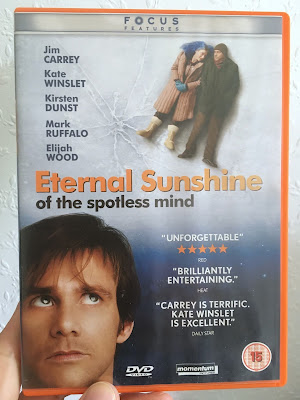The lives of three women from different eras form intriguing parallels. In Richmond in the 1920s, we see Virginia Woolf (Nicole Kidman) writing
Mrs Dalloway and dealing with suicidal thoughts. In 1950s
California, Laura Brown (
Julianne Moore) reads
Mrs Dalloway and faces her own fears and insecurities. And in New York in 2001, Clarissa Vaughan (
Meryl Streep) wrestles with her feelings for an old flame who is dying of AIDS.
Kidman, Moore and Streep are all fantastic in emotionally complex and challenging roles. Kidman looks absolutely nothing like herself – it’s difficult to believe it’s her – owing to a prosthetic nose.
There are also strong performances from Miranda Richardson, Jeff Daniels and Ed Harris.
In many ways it’s a depressing film, and it deals with painful topics. But it also addresses the value of life.
Intense, sweeping, music by Philip Glass adds emotional depth.









